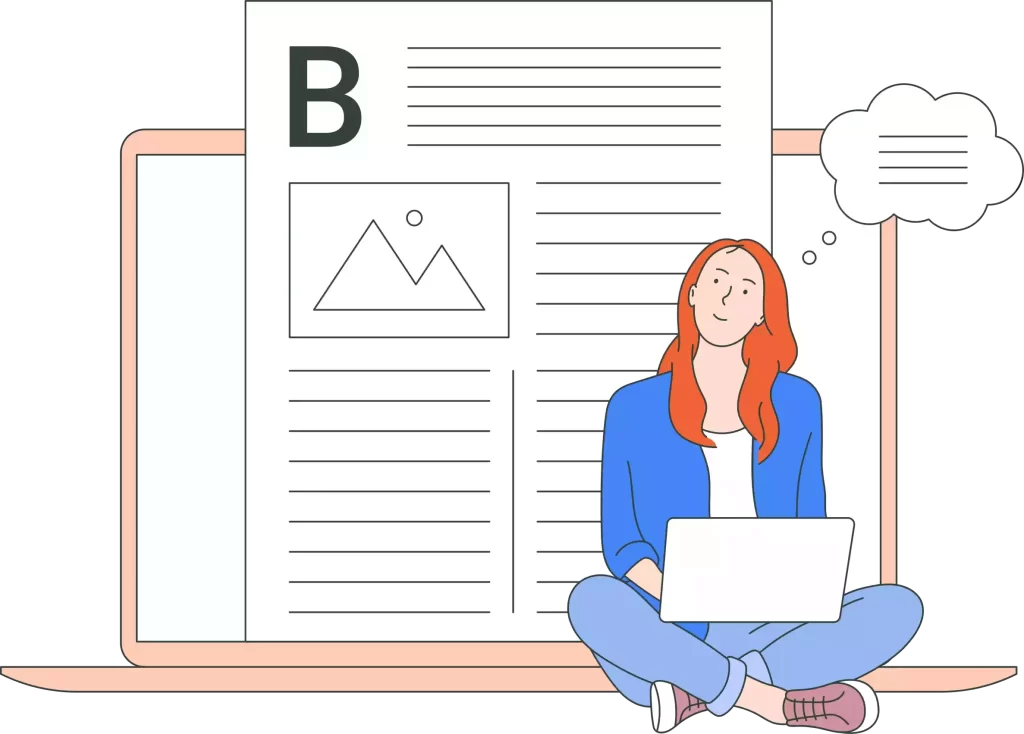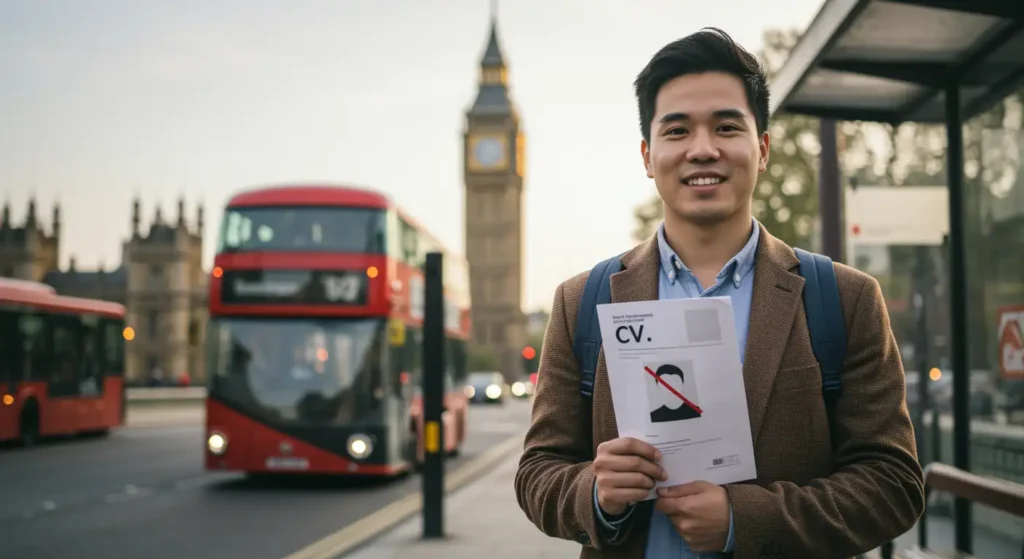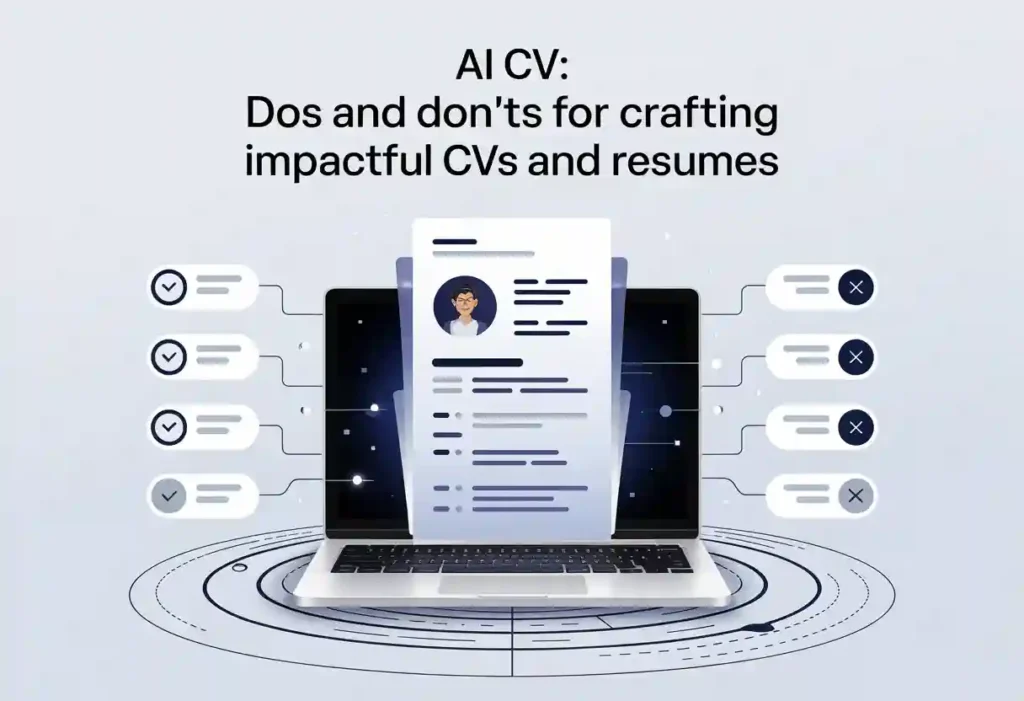How to Tell Your Story in a Cover Letter
This is one question that many job seekers ask themselves.
But, of course, you already know the importance of storytelling in marketing.
A well-crafted story can help connect with your audience on a deeper level.
Successful brand ambassadors create brand awareness, connect, and engage more customers using stories.
So, if storytelling is crucial in marketing, why not tell a story in your cover letter?
Most job seekers write a summary of their CVs in their cover letters.
They focus on their outstanding experiences, skills, and accomplishments, and think their cover letters will make employers want to hire them.
But what happens when they submit their cover letters? No calls or emails come their way.
And what could be the reason? Their cover letters lack a secret weapon that wows hiring managers and recruiters.
A story in your cover letter will engage your potential employer emotionally.
It’s an effective way to demonstrate your experiences, skills, and accomplishments without just stating them.
Remember, when writing about your experiences, you must follow the golden rule –show, don’t tell.
The best way to show in a cover letter is by crafting a compelling story demonstrating your experiences.
Starting a cover letter with a story is a perfect way to grab your employer’s or recruiter’s attention and showcase what makes you a suitable candidate for the job.
Cover letter storytelling is an ideal technique to stay ahead of your competition.
While you could showcase your outstanding qualifications on your CV, writing a cover letter that doesn’t impress your employer won’t secure the job interview.
The best way to impress a potential recruiter is by writing an engaging story in your cover letter.
For example, you can tell a story about the triumphs or tribulations you experienced at various job positions and how those experiences helped shape the person you are today.
From such experiences, your hiring manager will see your outstanding skills, abilities, and talents and consider you an ideal fit.
However, do your homework before crafting a story in your cover letter.
If your cover letter story doesn’t match the company’s goals or culture, your cover letter will end up in the bin.
Writing a cover letter that sings means understanding the company first.
You can research the company and know its culture, goals, and shortcomings.
Then, with that valuable information, you’ll craft a story that aligns with what the company is looking for.
So, you want to know how to tell your story in a cover letter?
This blog post will discuss the power of storytelling and how it can help your resume stand out from the rest.
We have created a step-by-step process for writing a compelling cover letter story to answer this question. Continue reading for valuable insights.
Further References
- Best Cover letter builder
- Putting work experience section in CV rightly
- Free resume builder
- Free LinkedIn profile builder
- Free resume scanner
- 10 essential skills for your resume
What is a Story in a Cover Letter?
Human beings are natural storytellers. We connect with others emotionally by conveying information more memorably.
Stories help us to engage and empathize with others.
When used in a cover letter, a story can take your employers on an emotional journey and make them more interested in you.
A story in a cover letter demonstrates your experiences and skills impressively and engagingly.
It helps you exemplify your expertise by highlighting your outstanding experiences more engagingly in your CV.
For example, suppose you’re applying for a customer support position.
In that case, you need to demonstrate in a story how your personality, skills, and experiences make you the best candidate. Some questions to help you write an engaging story in a cover letter include:
- What stories best demonstrate my expertise for this post?
- Does this story align with the company’s culture and ambitions?
- Will the story grab the potential employer’s attention and make him read everything in my cover letter?
- Does the story correlate with the job description?
Telling a good and relatable story in your cover letter is a perfect way to demonstrate to your employer that you’re good at your work.
Employers seek people to help them solve problems or meet company goals.
If you demonstrate your expertise, hiring managers will remember your application and call you for an interview.

Why You Need to be Creative When Telling Your Stories
One study suggests that stories are 22 times more memorable than facts.
And why are stories more powerful tools for conveying information?
It’s a universal truth that humans are drawn to emotional and engaging stories, which make them powerful tools for connection and communication.
We wish to escape from our realities and connect with an otherworldly experience.
Whether it’s fiction or stories about people who did remarkable things, we crave those little moments when we’re not in our world but in the world of others.
As a result, any well-crafted story is always welcome.
Storytelling is not just for novels or movies. You can harness its power to craft a compelling cover letter that stands out.
Writing an engaging cover letter story doesn’t require a stroke of genius. It’s a skill that can be honed with practice and understanding.
You only need to write stories about what you love and what your potential employer needs.
Understanding what your potential employer is looking for and delivering it as a compelling story can significantly enhance your job application.
According to brain science, emotional stories create dopamine, a “feel-good” hormone associated with pleasurable sensations.
And since we all crave those feel-good moments, anything that triggers the feeling is welcome.
So, when writing a cover letter story, you should ensure it elicits the “feel-good” hormone.
As a result, your story will engage your employer and increase your chances of landing an interview.
Further Reading
- Dealing better with hiring managers better
- Putting key achievements examples
- How to write the resume education section
- Achieving an error-free resume
- Tips on matching resume and cover letter templates
Tips for Writing a Compelling Story in Your Cover Letter
Now you know the importance of storytelling in a cover letter.
But how do you write a compelling cover letter story to impress your hiring manager and land a job interview?
Here are cover letter story ideas to follow and craft an interview-worthy cover letter.
- Write a story that aligns with what the company is looking for
Filling your cover letter with information that doesn’t match what your employer is looking for won’t secure you an interview.
So be selective when considering the story to include in your cover letter.
A good story is compelling and answers the question your employer is asking.
For example, your potential employer wants to know whether you help them solve problems or meet company goals.
Thus, your cover letter story should be able to answer that question more compellingly.
The best way to write a relatable cover letter story is by gaining an in-depth understanding of the company, the job posting, and your potential employer.
So, here are questions to ask yourself before crafting that story.
- What does this company value the most?
- What do they talk a lot about?
- What words/phrases do they repeat often?
- Does their history define who they are?
- What are their values?
- What industry-specific words/phrases have they used in the job description?
Once you’ve answered these questions, you can plot a story that aligns with those answers. For instance, if the company values innovation, you can narrate a story about introducing a new process or idea that led to a positive outcome.
As a result, your hiring manager will relate to your cover letter story and understand why you’re a perfect candidate for the post.
- Be authentic
Most job seekers make the mistake of writing cover letter stories that appear exaggerated and unfounded. A compelling story is true, engaging, and relevant to the job. An exaggerated story, on the other hand, stretches the truth or makes claims that are difficult to believe.
Your cover letter will likely be discarded if your potential employer suspects your story is inauthentic. No employer wants to work with a dishonest person. So, it’s crucial to be authentic in your storytelling to build trust and reliability.
No employer wants to work with a dishonest person.
So, they’ll assume that since you can’t tell a true story about yourself at the first encounter, you’re more likely to be inauthentic when you land the job.
Other job seekers claim they don’t have any relatable stories to include in their cover letters.
If you’re among them, don’t wait until the gods of creativity help you remember and weave a good story about yourself.
Often, it’s those seemingly unimportant experiences that make remarkable stories.
So instead of waiting for a stroke of creativity, look back at any failures or wins you encountered and what you learned from them. Those seemingly unimportant experiences often make remarkable stories, making you feel resourceful and capable.
So, how do you ensure you write an honest story that creates trust and helps you connect with your potential employer?
First, ensure you craft a story that presents facts.
Talk about how you encountered a challenge and how you managed to overcome it.
Let your story exemplify the outstanding skills that you mentioned in your CV.
If you relate your story to your CV’s experiences, skills, and accomplishments, your story will sound genuine and increase your chances of landing an interview.
Keep Reading
- How to write an ATS friendly resume
- How best to use strong action verbs in resumes
- Using the best resume format
- Learn a high-demand job this year
- Be concise
Your cover letter is not an account of your life story.
Remember that employers don’t want to spend a lifetime with your cover letter.
Providing much information in your cover letter will do you more harm than good.
So, write a story demonstrating what the employer is looking for.
Everything you wish to say in your cover letter should fit on one page.
That means you have to balance what’s relevant and what’s not.
Cut them if you find sentences that don’t add value to your story.
Pick one story and develop it clearly and concisely.
Then, condense your story to have what’s meant to market your expertise and impress hiring managers.
However, if you find it challenging to reduce your story, you can seek the help of a relative, friend, or career advisor.
Alternatively, you can use software like Grammarly to correct spelling and grammar mistakes.
The software will come in handy in helping you find the right words to tell your story.
4. Create a plot
Your cover letter story needs to flow from the beginning to the end. The opening should set everything up.
It’s the most critical part of your story since it determines whether your reader keeps reading.
Ensure that you introduce this part in a way that’ll hook your potential employer.
For example, you can start your story with an action, such as a challenging situation.
This way, you’ll tell your employer how you overcame the challenge.
Afterward, you can flash back to the start of your story and connect the dots.
Throughout your story, take your hiring manager on an emotional journey.
Let them see how your outstanding skills enabled you to sail through a problem.
Next, be sure to talk about the choices you made and the outcomes.
Finally, showcase how your story presents you as a perfect candidate for the job.

Cover Letter Storytelling Examples from Real-Life Professionals
Do you wish to know how best to craft a story in your cover letter using real-life examples?
Luckily, we have selected the best examples of cover letter storytelling from professionals.
You can use them as inspiration for writing an interview-worthy cover letter.
1 “As a kid, I once gave up a day of a family vacation to transport an injured lizard I found by our hotel two hours each way to the nearest animal hospital (and talked my dad into driving me pre-GPS!). When I was a bit older, I found out I could care for animals daily, and I’ve been working toward that goal ever since.”
2. Growing up, I wanted to be one of those people who pretended to be statues on the street. Thankfully, my career goals have become more aspirational over the years. However, I still love to draw a crowd and entertain the masses—passions that make me the perfect community manager.”
3. “I spent my childhood in the cheap seats at Cubs games, snacking on popcorn and cheering on the team with my grandfather. It’s that memory that’s shaped my career, from helping to establish the sports marketing major at my university to leading a college baseball team to an undefeated season as assistant coach, and what led me to apply for this position at the Chicago Cubs.”
4. “I was an hour out from hosting my first big dinner party when I realized I had forgotten to pick up the white wine. In a panic, I started Googling delivery services, and that’s when I first stumbled across [Delivery Service Company]. I’ve been hooked ever since, so I couldn’t help but get excited by bringing this amazingness to nervous hosts like me as your next social media and community manager.”
5. “Have you ever had your mom call five times a day asking for a status update on your job search, and then sound skeptical that you haven’t made more progress since the last phone call? That’s my life right now. But I hope my life will soon revolve around being your full-time social media manager. The good news is that I bring more than just an overbearing mom. Let me tell you more…”
Start Crafting Your Story
It’s essential to use storytelling techniques in your cover letter.
The best way to do this is by providing an example of how you overcame a challenge or experience to solve problems at work.
And the good thing is that we all have stories about ourselves.
All you need is to craft a story that fits your job application.
A well-crafted story will be compelling and show employers that you are the right person for the job.
However, if you need help crafting your story, let us know!
We would love to partner with you on your next cover letter project, helping ensure it tells just the type of story that excites people about hiring you.
Further Reading
- Best LinkedIn summary templates
- Best online CV builder tools
- 10 proven cover letter tips to win more interviews
- CV best practices
- How to write a resume



